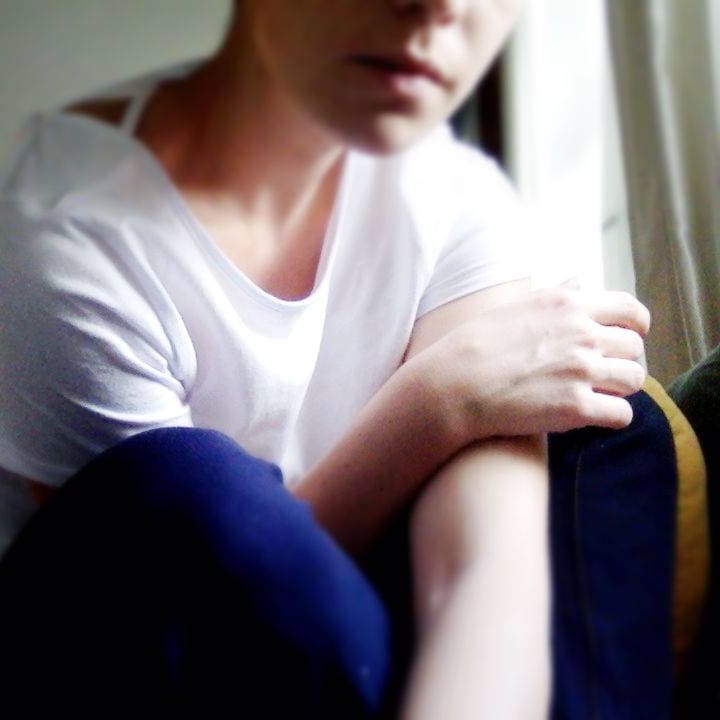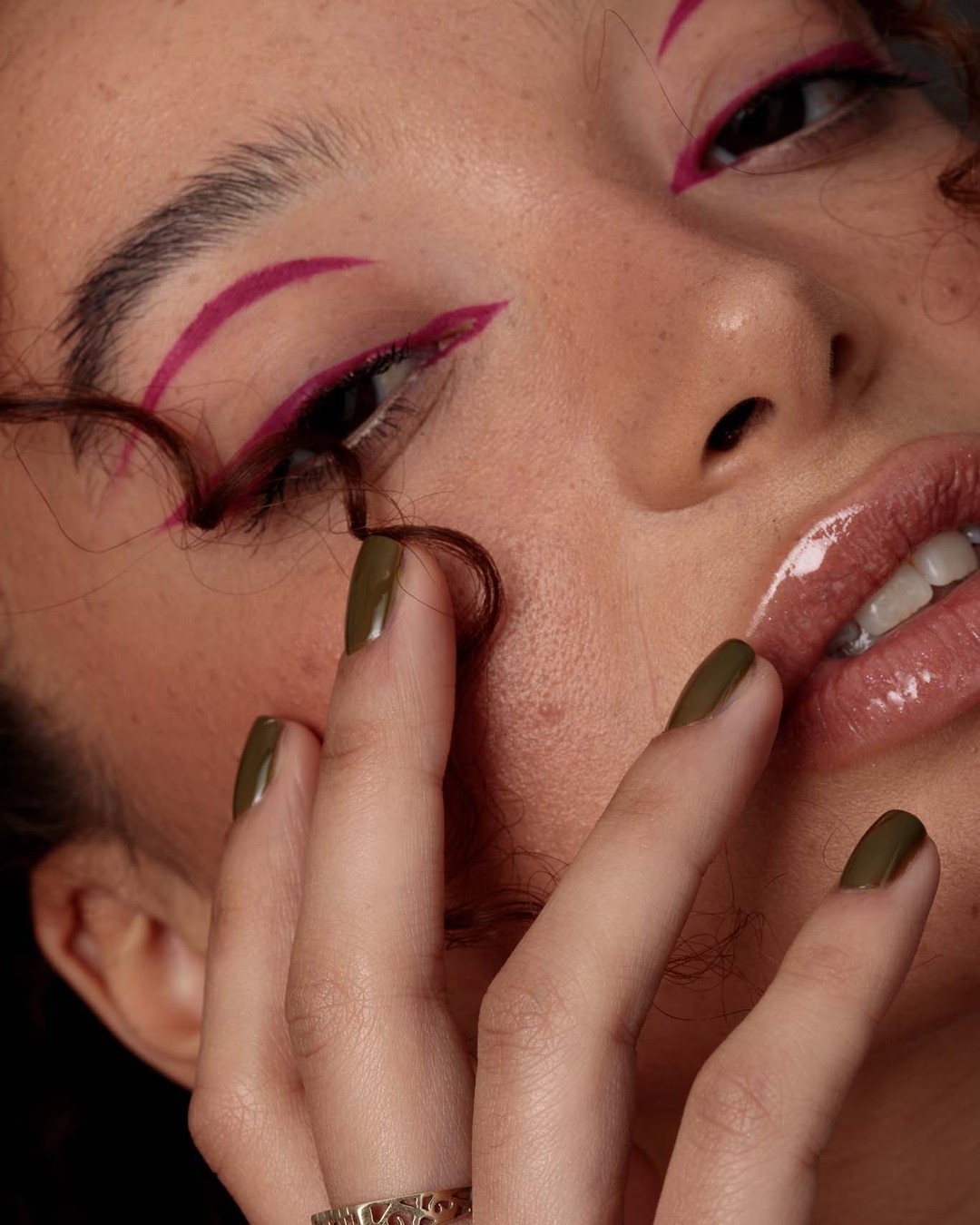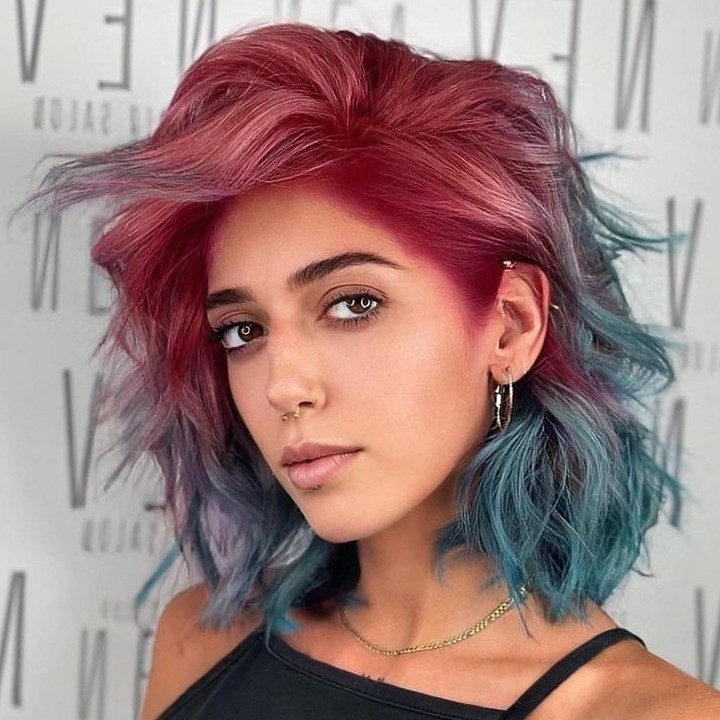How to Deal With Acne: Self-Care Tips From the Experts
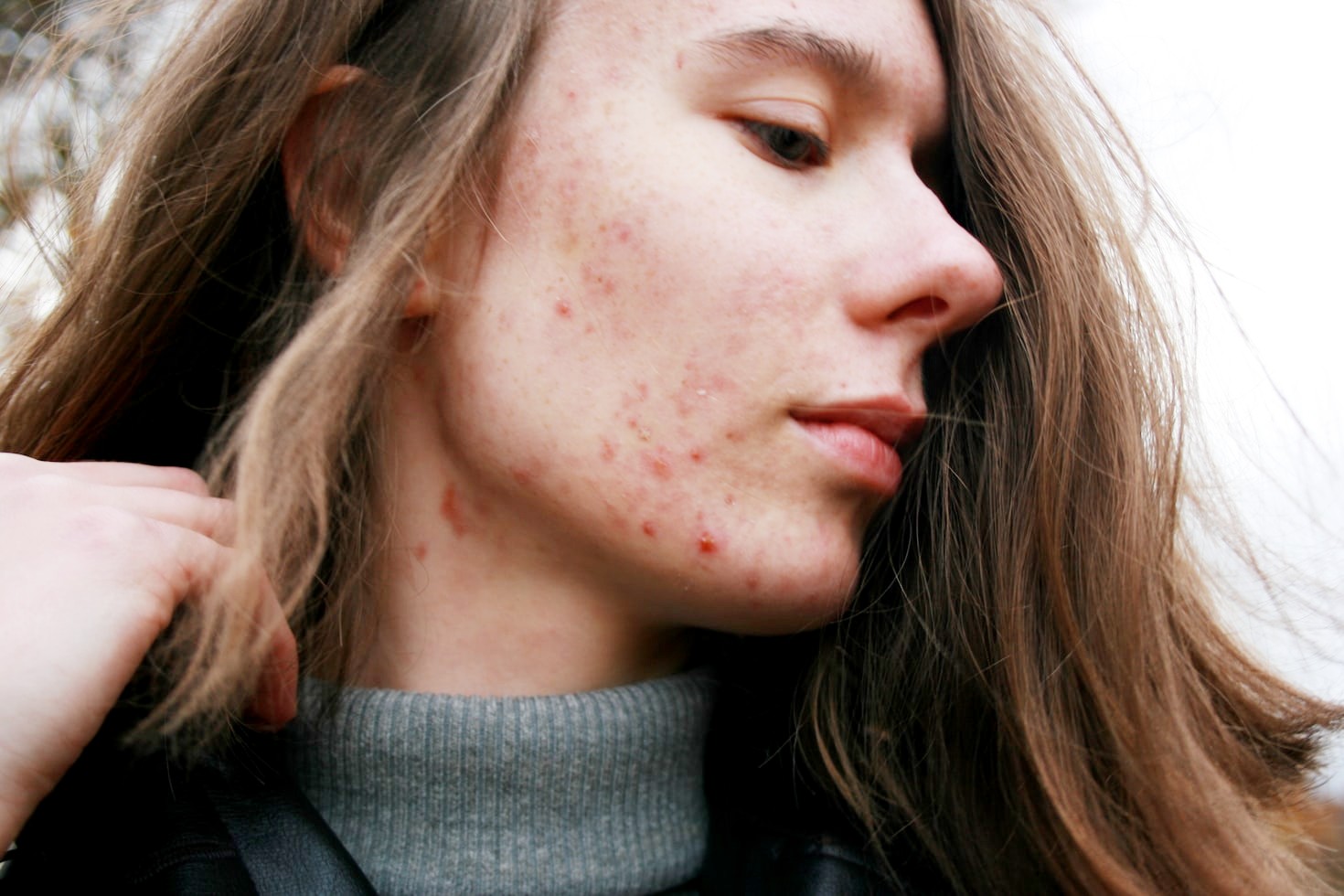
Anyone who has ever had to deal with acne knows that it can be a real challenge. Not only are skin blemishes physically uncomfortable, but a flareup on your face can also be quite emotionally draining.
Acne can cause people to feel self-conscious and insecure, and sometimes it feels like there is nothing you can do to make it go away.
Fortunately, there are some things that you can do to help improve your chances of getting rid of acne for good.
Here are some tips from experts on how to deal with this skin issue:
Educate Yourself on Acne
Acne is a very common skin condition that affects millions of people every year. Unfortunately, the fact that it is not rare does not make it less annoying. A lot of people don’t know how to adjust their lifestyle to deal with an acne flareup, which can lead to a lot of frustration.
That’s why it’s important to educate yourself on acne and the latest ways to treat it. By learning all you need to know about the different causes of acne and the most effective treatment options, you can dramatically improve your chances of getting clear skin.
Luckily there are lots of resources available to help you do this. From online articles to medical books, there is no shortage of information on how to cope with acne, so take some time to do your research.
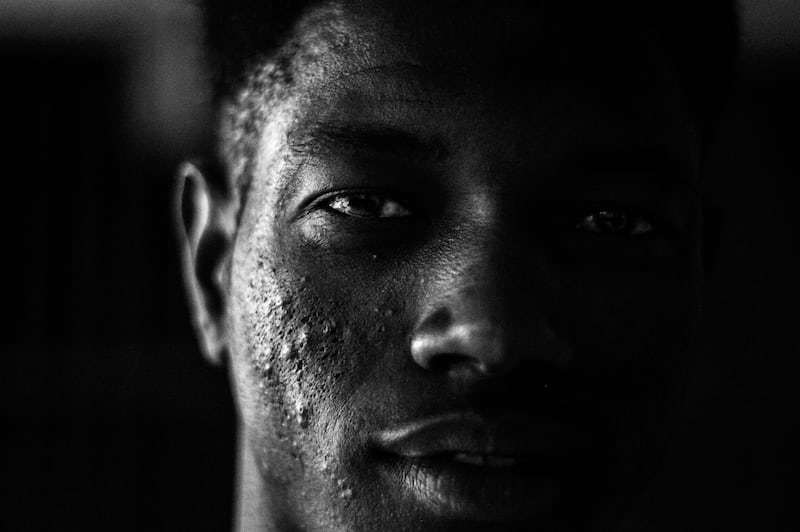
Develop a Good Skincare Routine
From maintaining a healthy, nutritious diet to using the right skincare products, there are many things you can do on your own to help reduce acne.
Developing a consistent skincare routine is key. Make sure that you cleanse your skin twice daily with a gentle cleanser, exfoliate once or twice a week, and use moisturizers and sunscreens that don’t irritate your skin. It’s OK to do trial and error to find out what works for you - everyone’s skin is different!
In addition to the daily routine, try acne spot treatments that contain salicylic acid to target specific problem areas as needed.
Keeping your skin clean and protected from outside pollutant is not a guarantee, but it is one of the best ways to promote clear and healthy skin.
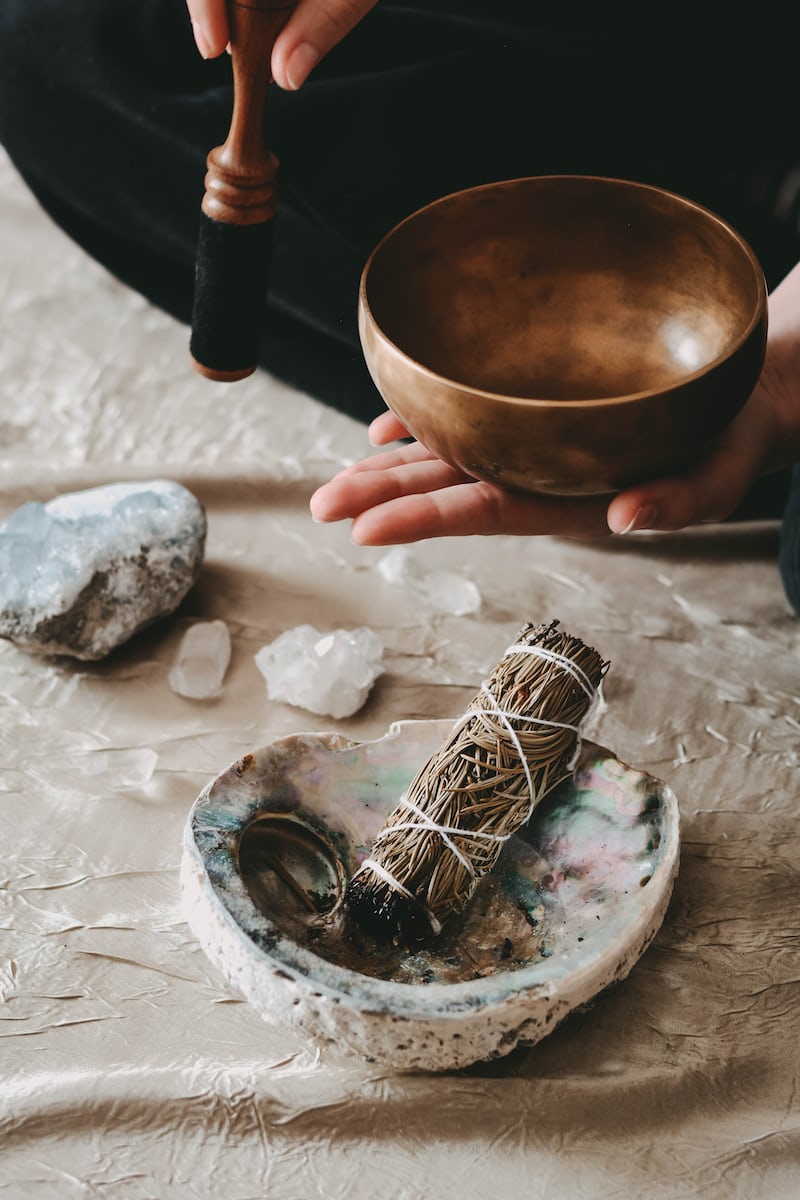
Don’t Pick or Pop Pimples
Picking or popping pimples will not help to get rid of them and can make the problem worse. Squeezing or picking at acne can cause more inflammation, increase your risk of scarring, and even spread bacteria to other parts of your face.
Instead, try using over-the-counter spot treatments such as tea tree oil to dry out individual blemishes.
If your breakouts are severe or persistent, talk to a dermatologist who may be able to prescribe stronger medication that works from within to clear up acne quickly.
Keep Oil Production Under Control
Acne is often related to excess oil production, so keeping your skin’s oil production under control is essential for clear skin.
While excessive oil production can have a lot of different causes, one of the basic ways to deal with it is to use a mild cleanser twice a day.
Additionally, using an exfoliating scrub once or twice per week to remove dead skin cells and promote the natural regenerative process of your skin.
In terms of aesthetics, if you have excessively oily skin, you may want to consider using oil-control products like mattifying moisturizers or toners that can help regulate sebum production and reduce shine throughout the day.
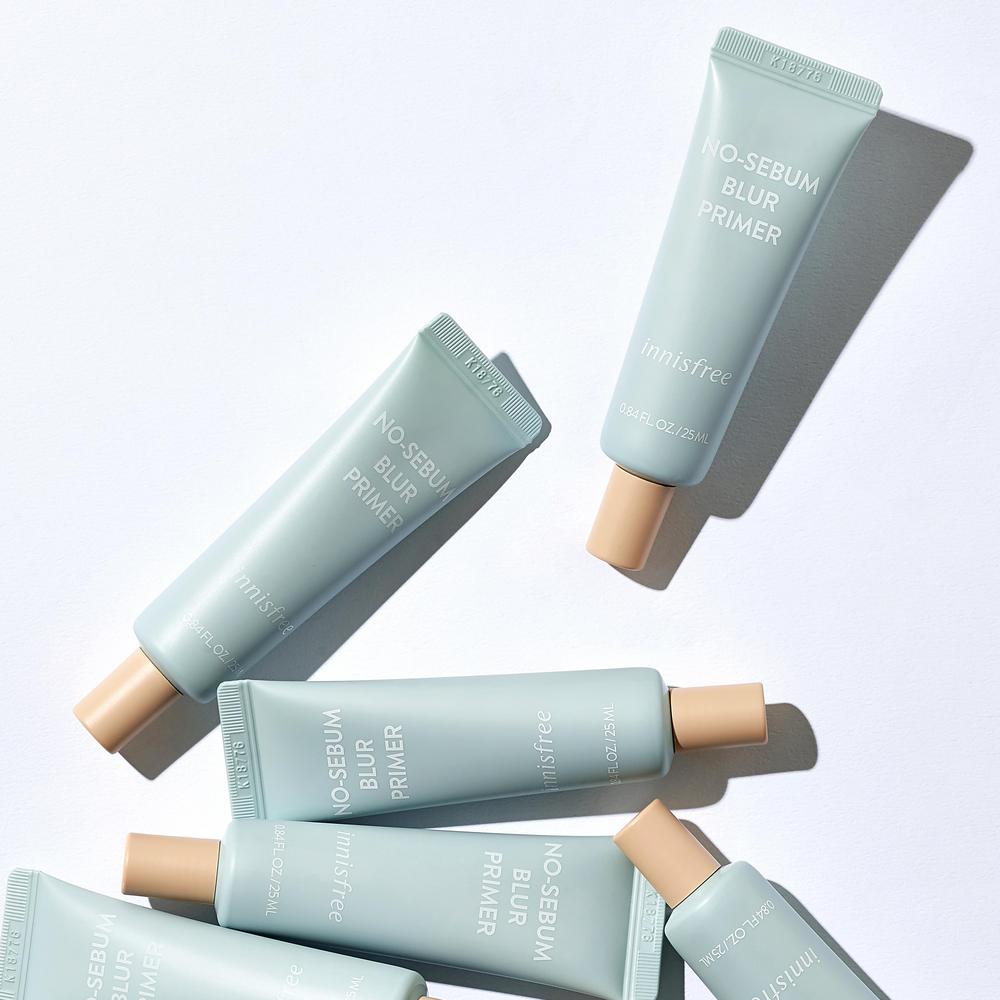
Innisfree, No sebum blur primer
When Lifestyle Changes Don’t Help
If you find that none of the above lifestyle changes have yielded any results, talk to a dermatologist about medication.
Dermatologists are skin care experts and they can provide personalized advice on the best course of treatment for your particular case. They may be able to diagnose underlying conditions that might be causing or contributing to your breakouts, like hormonal imbalances or food allergies, and then recommend treatments accordingly.
One of the most popular active ingredients for acne treatment is the retinoic acid which is available over-the-counter in all sorts of retinol skincare products. However, you might need the more concentrated, prescription strength retinol products like Retin-A. These can be used to treat even severe cases of acne and help get rid of stubborn pimples quickly.
A dermatologist can also prescribe oral or topical antibiotics can help reduce the inflammation and keep your bacteria levels in check. Always make sure to follow your doctor’s instructions carefully. And if you are prescribed one of these medications, don’t forget to talk to your doctor about the importance of pairing it with a good skincare routine for optimal results.
Other than that, many dermatologists offer in-office treatments such as chemical peels and laser therapy that can help get rid of stubborn acne quickly and effectively.

Acne can be a stubborn and frustrating skin condition, but it doesn’t have to define you.
With the right lifestyle changes, skincare routine, and medical treatments, you can clear up your skin and feel confident and beautiful again. Talk to your dermatologist today if you’re struggling with severe or persistent acne to get the best advice and treatment that is tailored to your individual needs. With the right approach, you can say goodbye to acne for good!

